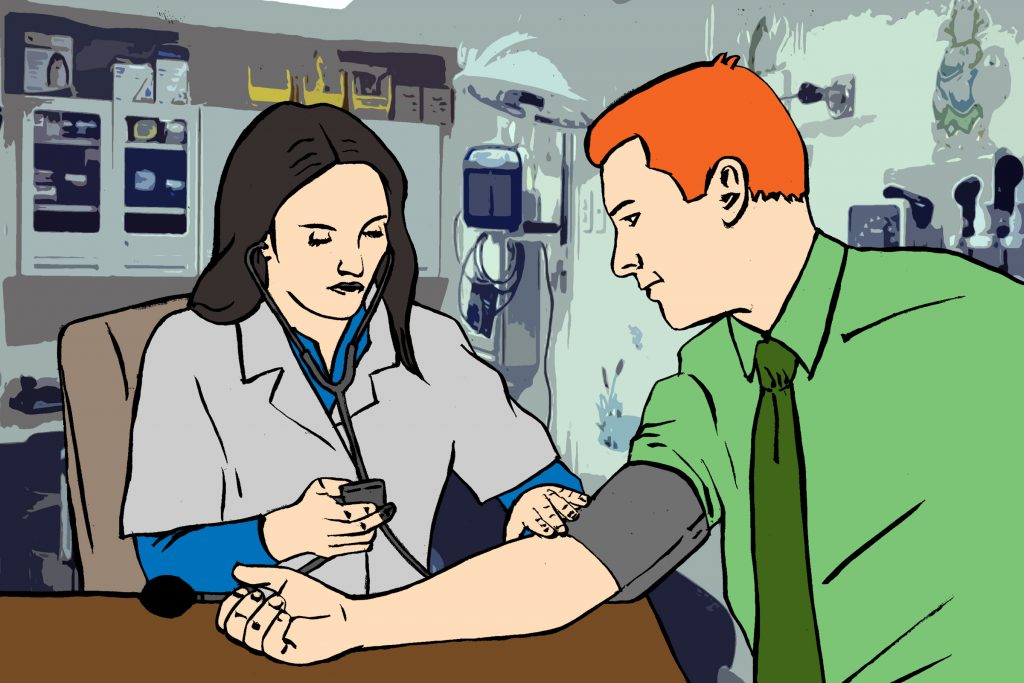
The California Division of Workers’ Compensation (DWC) has set forth some proposed changes to the Medical-Legal Fee Schedule (MLFS) that have stirred a little bit of controversy.
Comments on the DWC Forum have been mostly negative, and many stakeholders have strong opinions about the potential impact the amendments could have to the process for Qualified Medical Evaluators (QMEs).
The relationship between QME community and the DWC is already complicated.
Back in 2016, there were cases of QMEs being denied re-appointment based on DWC officials’ incorrect interpretation of the ML 104 billing code. A Los Angeles judge would later call this an “underground regulation” (essentially, an illegal rule) and the DWC settled with the suing doctors.
There were also reports of the DWC delaying renewals of licences, with the DWC not re-appointing some QMEs before their re-appointment deadline due to the investigation of apparent billing errors or violations (no matter how minor) being incomplete. Unfortunately, the timely completion of the investigation is in the DWC’s hands, and their delaying of this caused several QMEs to stop practicing for lengthy periods of time.
In the DWC’s attempt to weed out some bad apples from within the QME lot (and many QMEs will admit that there are some), the medical-legal professionals feel that they are being targeted as a whole.
With regards to the new billing regulations, feedback seems to indicate that it has made the process unnecessarily complicated and difficult for QMEs (and even limits their ability to charge for long hours of work).
With that in mind, and in the spirit of reconciliation between the DWC and QME community, here are a few recommendations compiled from feedback we received from actual stakeholders.
- Assemble a team capable of crafting proper regulations. In the 2016 “underground regulations” case, it seemed like the DWC staff members did not possess the knowledge, temperament or even the objectivity necessary for the undertaking. It might do well to assemble a team of well-respected QMEs, industry thought leaders and management professionals to educate and work hand-in-hand with the DWC, providing feedback, briefing on day-to-day operations and warning for pitfalls associated with producing a thorough, quality QME report.
- Develop more efficient protocols and even infrastructure to handle timely disciplinary hearings. The DWC has been aggressive in the enforcement of codes, but if it continues to do so, then it must be prepared to handle the volume of discipline cases. Delaying cases, sometimes up to a whole year, before a re-appointment is resolved is unfair and leads to significant financial loss for those concerned.
- Look into digitizing documentation. The industry is one of the few that still relies on printing and faxing and submitting reports by mail. Not only would digitizing save time, skipping the processing of reports in triplicate through the US Postal System, it would also save on costs, which currently includes, ink, paper, postage, envelopes and even additional labor.
With these, the DWC can show they are willing to work with the QME community in trying to provide a valuable, reliable service to those injured workers in need of the evaluations, rather than ignoring the community and simply tacking on regulations that have not been thought out enough.
SOURCES:
“Medical-Legal: When to Bill For Report Preparation.” Daisy Bill, 8 May 2018, Web. https://blog.daisybill.com/medical-legal-when-to-bill-for-report-preparation
“DWC Agrees to Enforce QME Rules ‘As Written’ to Settle Lawsuits.” Work Comp Central, 20 April 2018, Web. https://ww3.workcompcentral.com/news/story/id/fcb6c406e30e845a5835e1e54001720c83d2680d
“Department of Industrial Relations, Reimbursement of Medical Legal Expenses, Comments.” Department of Industrial Relations, viewed 10 November 2018, Web.
https://www.dir.ca.gov/dwc/ForumDocs/Reimbursement-of-Medical-Legal-Expenses/Comments.pdf
